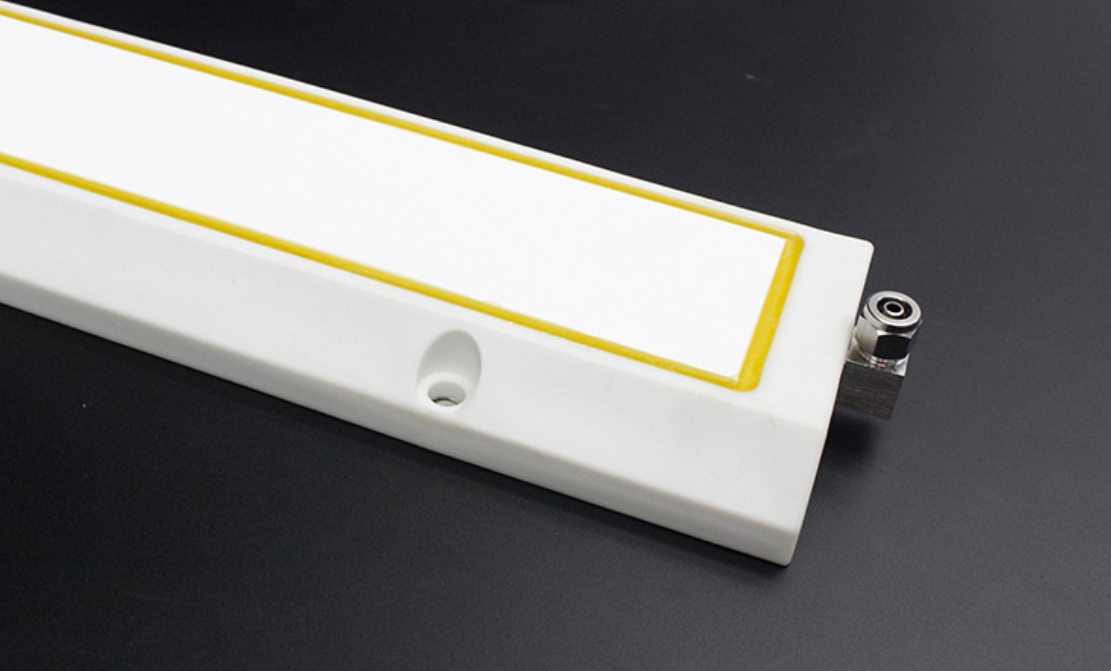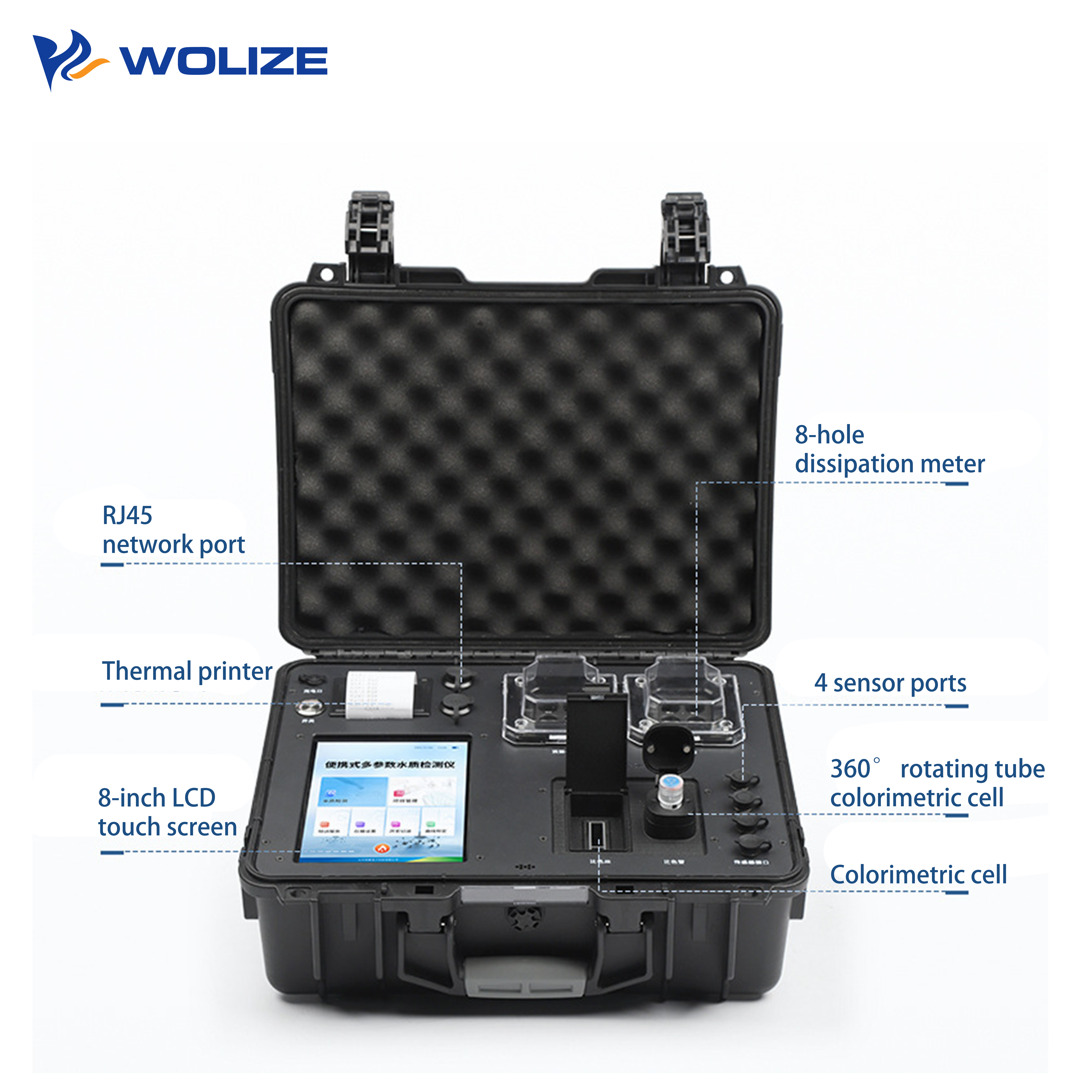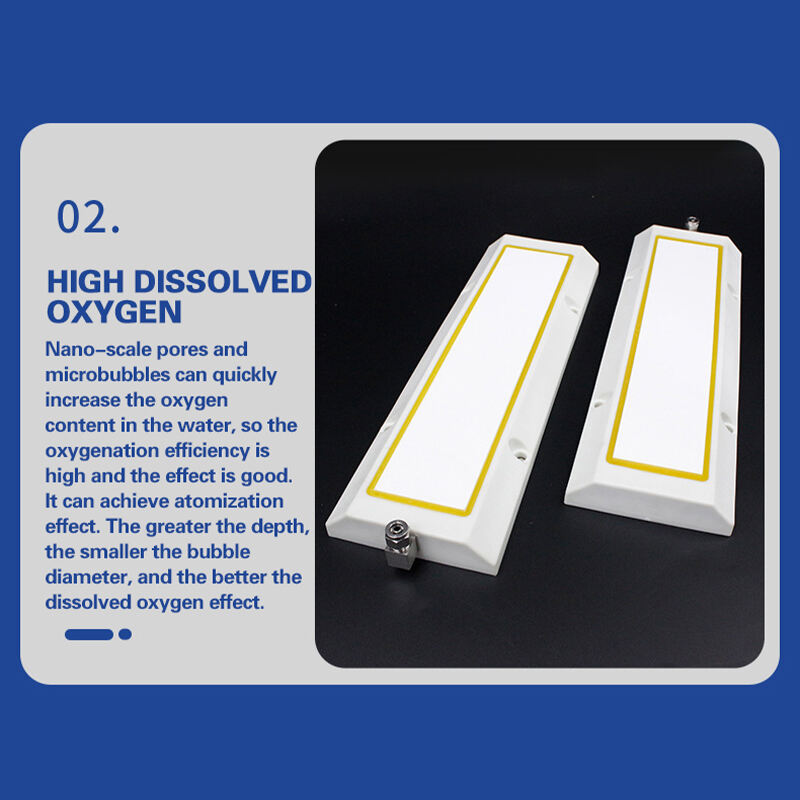 ×
×
They're harvested to serve as food growing fish to eat Maintaining a healthy fish and safe water is of utmost importance. At Wolize, we believe sustainable aquaculture is taking care of our ecosystems as well as our fish.
Here are some important things you should know if you are starting your own tilapia farm. The first requirement is to have a spacious tank or pond for the fishes. In order to do so, water must be clean and contain sufficient oxygen for fish to breathe. You also have to regularly feed the fish and provide them enough space to swim around. It can be a lot of work but if you learn and care for them you can start your own successful tilapia farm.
Our Practices: At Wolize we practice good farming of tilapia. This means we raise our fish in an environmentally friendly way. For example, instead of taking the easy way out and using chemicals to keep the water clean, we use natural methods. We also have to ensure that when we feed the fish, we don`t feed them too much as it will cause polution in the water. Follow these good practices to maintain the tilapia farm to be healthy for fish and environment.

Remember these tips for a successful tilapia farm. Ensure that the water quality is checked regularly to ensure that it is up to standard for fish to thrive. Make sure you give the fish a good diet and do not overfeed them. You must monitor the fish carefully for signs of illness. These tips will help you ensure that your tilapia farm is successful and definitely that your fish are happy and healthy.

Sourcing Tilapia from fish farms (China)Water quality is an essential factor in tilapia farming. Clean water is essential for the fish to remain healthy and grow well. When the water is dirty, the fish can become ill and die. We sample the water quality regularly at Wolize to ensure it is fit for the fish. We also maintain oxygen saturation so the fish can breathe comfortably in the water. Monitoring water quality will help ensure that our tilapia farm is a safe and healthy environment for the fish.

In aquaponics, fish are raised in tanks and plant production incorporates the aquaculture into a hydroponic production. This is an innovative method for producing food sustainably. Wolize produces its tilapia and grows vegetables concurrently using aquaponics. The fish waste provides nutrients to the plants, and the plants help filter the water for the fish. The fish feed the plants, and the plants help to clean the water — which is great for both the fish and the plants, and allows us to grow food in an environmentally friendly way.
We can offer you comprehensive aquaculture plans that covers many aspects like the design of the scheme, configurations for equipment budget planning, equipment installation. It can better help you in the execution of the entire aquaculture venture, which something ordinary businesses cannot provide.
We are certified by ISO9001, ISO22000 and COA. Our products have been successfully sold to 47 countries and regions and 22 large-scale aquaculture facilities with area of more than 3000 cubic meters were built successfully. Our aquaculture system has been used to grow shrimp and fish across 112 countries.
We have more than 15 years production experiences within the aquaculture industry. We are among the top three enterprises within the Chinese aquaculture sector. We have developed strategic alliances with many renowned Chinese universities, and also high-quality, highly efficient aquaculture design team that can provide you with the top quality products and services.
We are specialist in production of PVC steel pipe to support fish ponds PVC galvanized plate fish ponds as well as aquaculture things PVC non drinking water bags, TPU, EVA drinking water bags, TPU oil bags, PE container disposable liquid bags. We have range of choices for the aquaculture system's equipment.